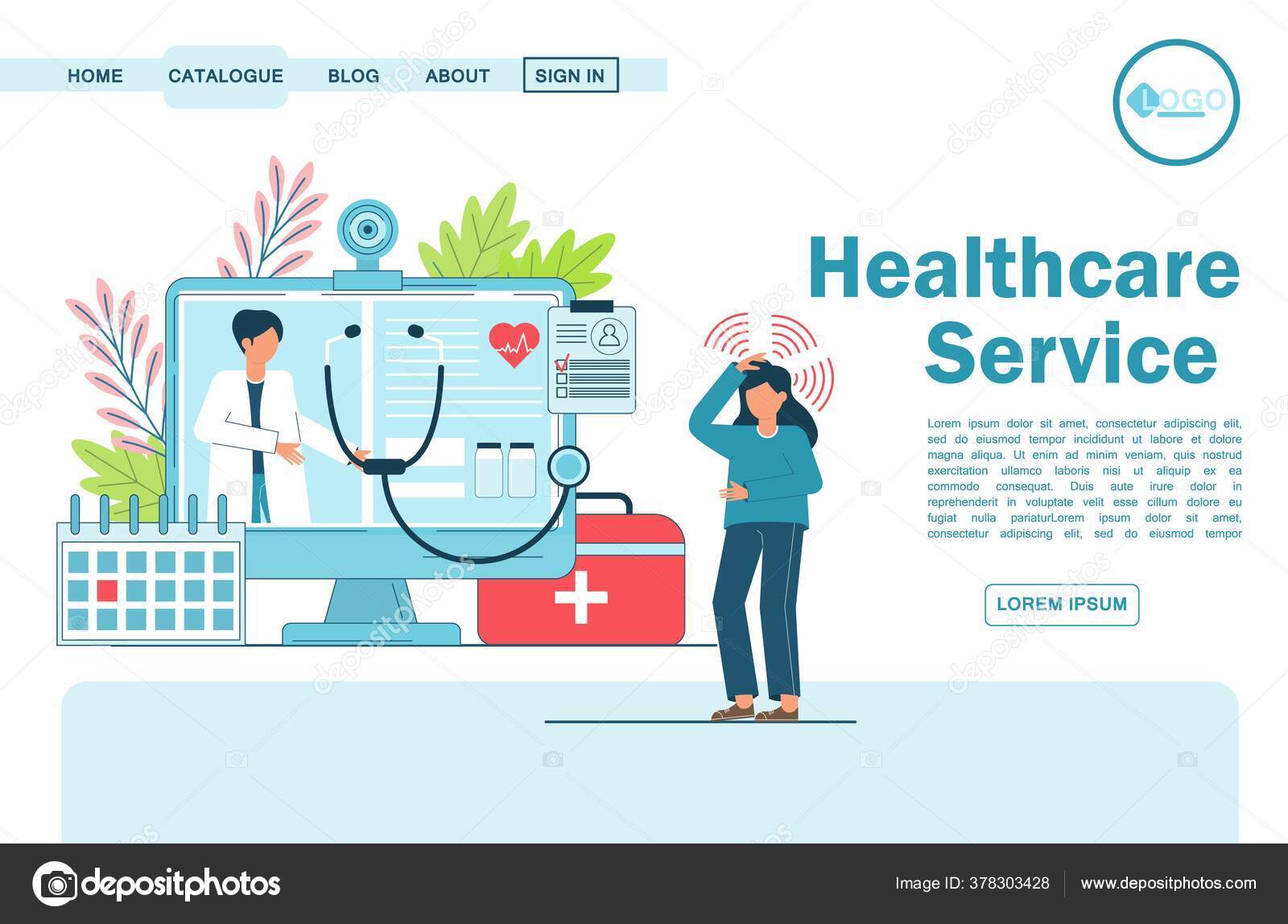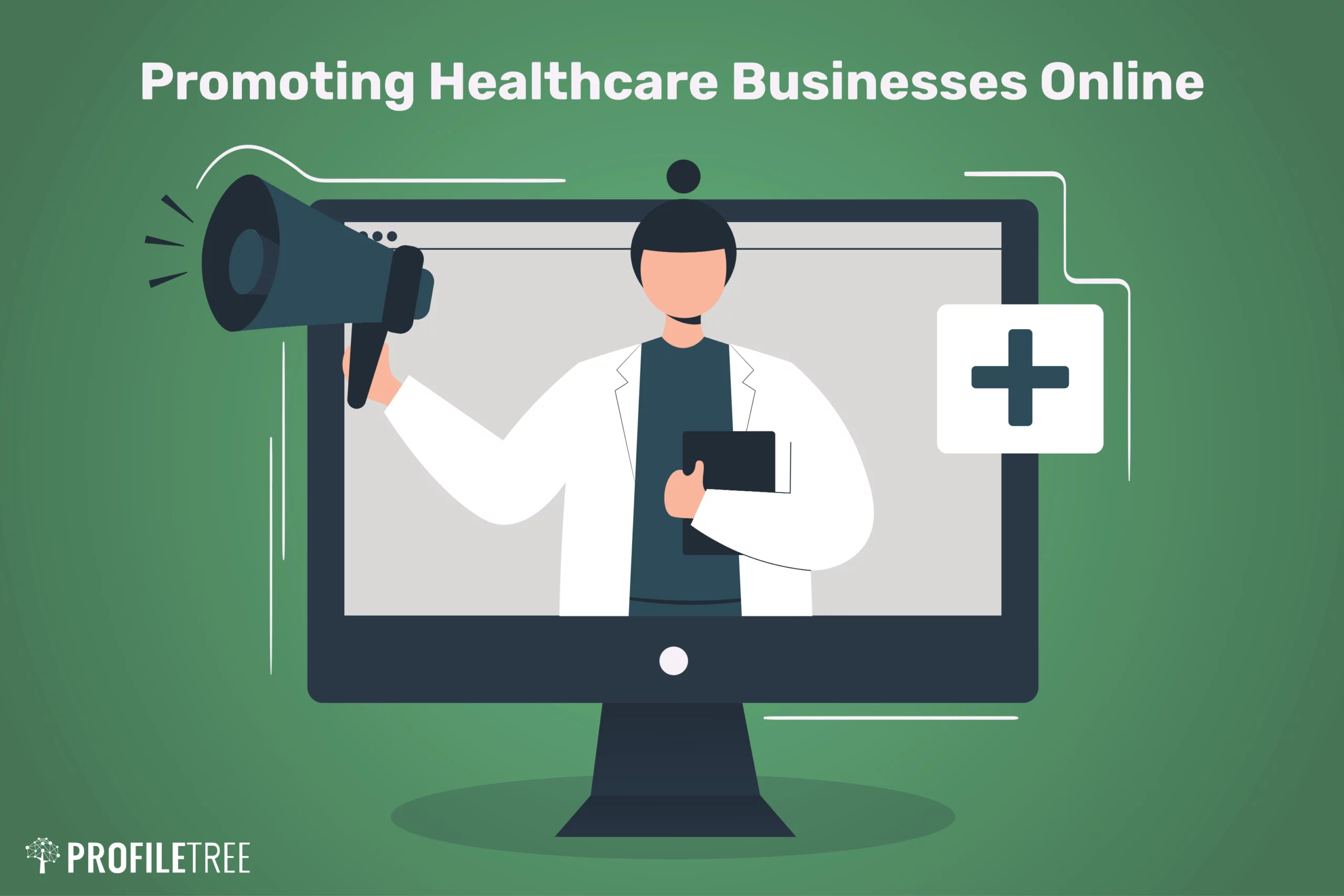Why Subscription Based Healthcare is Getting Appeal Among Patients Today
Why Subscription Based Healthcare is Getting Appeal Among Patients Today
Blog Article
The Surge of Subscription-Based Medical Care and Its Effect On Individual Treatment
As medical care advances, the subscription-based model is gaining traction, promising to change individual treatment by using predictability and availability. The potential for these models to improve healthcare distribution increases pressing concerns about their lasting sustainability and inclusivity. Are these membership solutions the future of medical care, or do they take the chance of leaving susceptible populaces behind?
Comprehending Subscription Medical Care Models
Grasping the principle of membership healthcare versions involves checking out a transformative strategy to medical solutions that emphasizes cost and accessibility. These designs, frequently described as straight medical care (DPC) or concierge medicine, have actually arised as innovative alternatives to traditional fee-for-service healthcare systems. Membership medical care enables people to pay a fixed regular monthly or yearly charge for a specified set of medical services, which might consist of unlimited office sees, regular check-ups, and fundamental laboratory tests, without the demand for typical insurance coverage invoicing.
The framework of registration medical care models is developed to simplify person care by eliminating third-party payers and intricate invoicing codes, consequently minimizing management burdens. Doctor can focus a lot more on individual treatment, cultivating more powerful patient-provider connections. This model likewise promotes preventative treatment by motivating normal sees, as the financial barrier of per-visit fees is gotten rid of.
The subscription design frequently equips doctor to take care of smaller individual panels, permitting for even more customized care. It aligns financial motivations with patient wellness outcomes, as companies are encouraged to keep client complete satisfaction and health. On the whole, understanding subscription medical care designs requires identifying their prospective to reshape how treatment is delivered and accessed.
Advantages for Individuals and Suppliers

With a consistent earnings stream, healthcare professionals can commit even more time to each client, leading to a much more complete and tailored care experience. The focus on precautionary care within registration strategies can lead to better patient outcomes and minimized lasting health care expenses.
Difficulties and Issues
While subscription-based medical care versions present countless advantages, they additionally include a collection of obstacles and worries that need to be addressed. Ease of access remains a considerable issue, as these models commonly target people that can afford monthly fees, possibly leaving out low-income populaces. This elevates ethical inquiries regarding equitable access to health care services. Furthermore, the different nature of subscription plans can result in complication amongst people pertaining to coverage specifics, potentially leading to unmet expectations or inadequate treatment.
Financial sustainability Home Page of subscription-based versions is one more concern. Suppliers need to stabilize the set earnings from subscriptions with the variable costs of health care solutions, which might vary as a result of unforeseen clinical needs. This can develop pressure to restrict solutions or rise costs, possibly impacting client fulfillment and care quality.
In addition, regulative oversight of subscription-based healthcare designs is still advancing. The absence of standard click this frameworks can bring about inconsistent service top quality and responsibility, complicating initiatives to ensure individual security. Last but not least, the combination of innovation-- commonly a cornerstone of these designs-- questions concerning data privacy and protection, as sensitive patient info could be vulnerable to violations. Resolving these difficulties is crucial for the effective and equitable application of subscription-based medical care.
Effect On Patient-Doctor Relationships
One considerable impact of subscription-based healthcare designs on patient-doctor connections is the potential for improved connection and individualized treatment. By embracing a subscription model, medical professionals can take care of a smaller sized client panel, permitting more committed time with each individual. This increased schedule fosters a much deeper understanding of a patient's case history, way of life, and choices, allowing extra tailored treatment strategies and treatments.

Nevertheless, it is very important to recognize that while subscription-based models may profit those that can afford them, they can unintentionally expand health care differences. Individuals that are unable to join these versions might experience decreased access to personalized treatment, possibly affecting their relationships with doctor. Therefore, while the registration version provides promising advantages for patient-doctor partnerships, it additionally poses challenges that require to be resolved to guarantee equitable medical care accessibility.
Future of Medical Care Gain Access To

The role of innovation can not be forgotten in this makeover. Telemedicine systems and digital health records facilitate seamless communication between clients and health care service providers, breaking down logistical and geographical barriers. Furthermore, advancements in fabricated intelligence and information analytics can additionally individualize treatment by forecasting client requirements and maximizing therapy plans.
Nevertheless, the future of healthcare accessibility additionally presents challenges, such as ensuring equity throughout various socio-economic teams. Policymakers and doctor need to team up to link the electronic divide, making sure that subscription-based versions stay economical and comprehensive. As these systems mature, they hold the assurance of making health care more easily accessible, effective, and patient-centric.
Conclusion
Subscription-based healthcare versions are improving individual treatment by providing a steady cost structure and boosting access. The rise of subscription-based medical care encourages proactive individual involvement, see this website which has the potential to boost patient end results and fulfillment, signaling a transformative change in medical care delivery.
As healthcare advances, the subscription-based model is acquiring grip, guaranteeing to revolutionize patient treatment by offering predictability and ease of access.Subscription-based health care versions provide distinct benefits for both service providers and people, enhancing the total medical care experience.As healthcare systems evolve, the future of medical care accessibility regularly pivots on the integration of cutting-edge models and innovations.Subscription-based healthcare versions are improving patient care by providing a steady cost structure and boosting access. The increase of subscription-based healthcare motivates proactive person engagement, which has the possible to improve person results and satisfaction, signaling a transformative shift in health care delivery.
Report this page